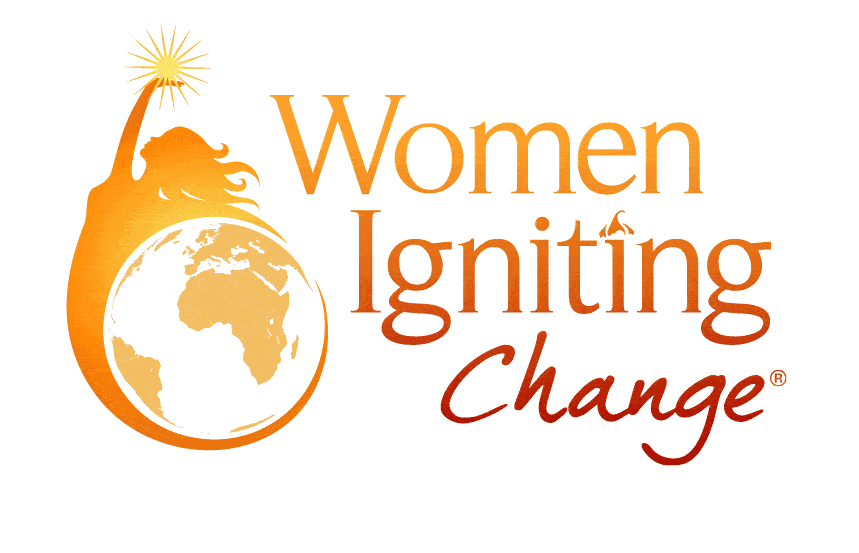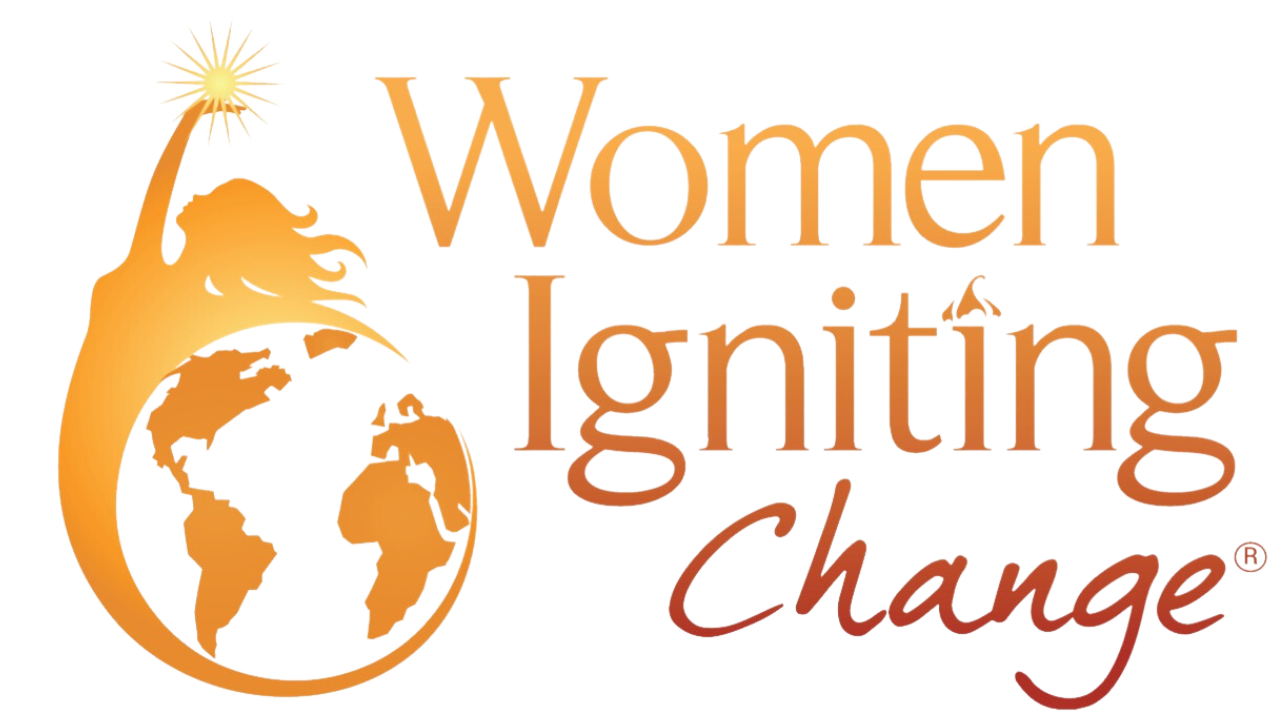Season 3, Ep 09: Eyeing Equality: Chelsea Elliott’s Impact with half Helen
An early childhood vision test revealed that Chelsea Elliott was partially blind, a discovery that set her on a path to vision advocacy. In this episode of "Women Igniting Change," host Robbin Jorgensen talks with Chelsea, founder and Executive Director of half Helen and a Nexstar Media Remarkable Woman for 2024. Motivated by her own experiences, Chelsea has dedicated her life to advocating for earlier and more frequent vision screening and interventions for children.
Through her nonprofit, half Helen, Chelsea provides essential screening technology, consultations, and eyewear to the Austin community, focusing on mitigating severe vision issues and enhancing the quality of life for many, including seniors and those in underserved populations. She discusses her journey in developing mobile optometry clinics and her advocacy for legislation that supports the use of photo screening technology for all school-aged children across Texas.
Chelsea emphasizes that healthy vision is critical for all aspects of life and is often overlooked until a problem arises. She notes that 63% of children suffer from vision issues that are frequently misdiagnosed as learning or behavioral problems. Vision screenings also serve as vital tools for diagnosing other health issues within the body, such as diabetes, highlighting the importance of integrating eye care into primary health care.
Chelsea reflects on the value of perseverance, the importance of networking, and the power of collective action. She stresses that collaborative efforts ("we") are more impactful than individual endeavors ("I") in creating sustainable changes. Join us to hear how Chelsea's dedication to vision health is opening eyes across Texas and beyond.
Quotes
- “It’s not enough to just give someone a pair of glasses. One of the biggest challenges I combat in my role is—people assume you should just be grateful. Just give them a pair of glasses and that solves their problem but if they don’t feel comfortable wearing them or they don’t like them, they will not wear them so you’re basically wasting resources. So, why not figure out how to offer a service that meets both of those needs and allows us to treat our patients with the dignity that they deserve?” (9:22 | Chelsea Elliott)
- “I measure success when patients come back and say, ‘I feel safe cooking again’ or ‘I haven’t cut my hand, I haven’t burned myself because I can see now.’ One challenge I have with communicating our changing outcomes to funders is, your eyesight plays a role in every activity from the time you wake up to the time you go to sleep, so it’s really challenging to pinpoint what role your eyesight doesn’t play.” (14:21 | Chelsea Elliott)
- “The eyeball is the only organ that allows you to look inside the body without cutting it open, which makes it so cool and makes it such an easy access point to learn. We can tell if you’re hypertensive, if you’ve had a stroke, if you have diabetes, we can tell several health conditions—cancer—by looking in the eye.” (20:31 | Chelsea Elliott)
Connect with Chelsea Elliott
:Website: https://halfhelen.org/
Mission Video: https://www.youtube.com/watch?v=yjDlzeAn57E
Website: https://womenignitingchange.com
LinkedIn: https://www.linkedin.com/company/women-igniting-change/
LinkedIn: https://www.linkedin.com/in/robbinjorgensen/
Facebook: https://www.facebook.com/robbin.jorgensen/
Podcast production and show notes provided by HiveCast.fm




